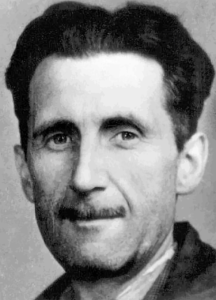en.wikipedia.org/wiki/Gloria_Steinem
. (2015). Anthropology and the Security State. American Anthropologist
Plain numerical DOI: 10.1111/aman.12371
DOI URL
directSciHub download
Show/hide publication abstract
. (2010). Anthropology at the Dawn of the Cold War: The Influence of Foundations, McCarthyism and the CIA. Critique of Anthropology
Plain numerical DOI: 10.1177/0308275X100300020301
DOI URL
directSciHub download
Show/hide publication abstract
. (1998). Cold war anthropology: Collaborators and victims of the national security state. Identities
Plain numerical DOI: 10.1080/1070289X.1998.9962596
DOI URL
directSciHub download
Show/hide publication abstract
. (2007). Buying a Piece of Anthropology Part Two: The CIA and Our Tortured Past. Source: Anthropology Today
Plain numerical DOI: 10.1111/j.1467-8322.2007.00537.x
DOI URL
directSciHub download





![Bordieu's Habitus & Hexis network-3139214_960_720[1]](https://cognitive-liberty.online/wp-content/uploads/network-3139214_960_7201-300x100.jpg)
![The British Raj in India MAU-MAU[1]](https://cognitive-liberty.online/wp-content/uploads/MAU-MAU1-300x223.jpg)
![Professor Noam Chomsky noam-chomsky[1]](https://cognitive-liberty.online/wp-content/uploads/noam-chomsky1-200x300.jpg)
![Structural violence ea34b70928f11c3e815b410cee45449efe76e7d11bb6114291f7c7_640[1]](https://cognitive-liberty.online/wp-content/uploads/ea34b70928f11c3e815b410cee45449efe76e7d11bb6114291f7c7_6401-300x198.jpg)

